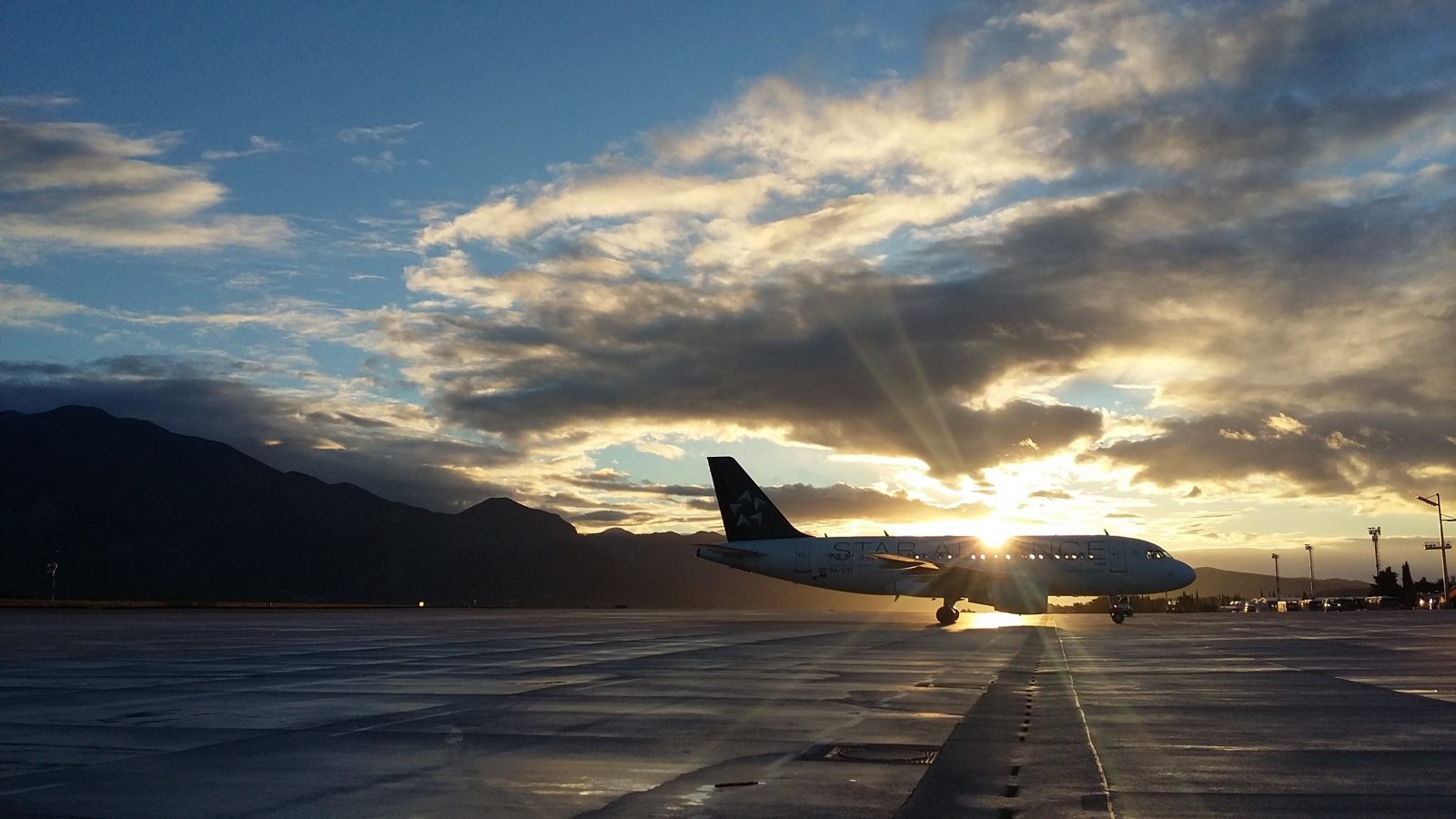
We all know the aviation industry in Europe remains heavily unionised and already this year we’ve seen some pretty major strikes by airline workers, including cabin crew, who are unhappy about their working conditions and pay. Air France has suffered around half a month’s worth of strike action and Ryanair, which only started to recognise unions last year, has experienced the first cabin crew strikes in its history.
Every day of strike action can have a huge impact on airlines – Not only in disruption to their operations but the massive costs they incur. Both Air France and Ryanair have lost millions of Euros because of the industrial unrest they’ve experienced and the likes of British Airways and the Dutch carrier KLM have found themselves in a similar situation in the last 12-months.
Putting ethics to one side for a moment, airline bosses have to make a tough decision as to what will cost their business the most in the long run – agreeing to the demands of workers or taking an immediate hit by suffering the strike action.
More often than not, airline’s tend to take the immediate hit – afraid to be the first to blink and then find themselves in a situation where workers demand more and more. It would be a brave senior executive who upsets the company shareholders for the sakes of their workers.
Sums will have been calculated and they’ll know how much of a hit they can take before upping their offer and hopefully agreeing a compromise with the unions.
Of course, strike action should only be used as a last resort but for whatever reason, it remains a fairly common tactic utilised by aviation workers unions – perhaps because they don’t see the negotiations going anywhere.
Denied boarding compensation
But one issue that airline executives don’t currently have to worry about is EC261 Denied Boarding compensation. The far-reaching European law offers passengers who have had their flights cancelled or significantly delayed certain rights as well as compensation ranging from €250 to €600 under certain circumstances.
Generally speaking, airlines don’t have to pay compensation if they can prove the delay or cancellation was caused by an “extraordinary circumstance”. So, for example, a mechanical problem is something to be expected when your business involves flying planes around the world and wouldn’t be an extraordinary circumstance. Whereas a severe winter storm would be.
As it stands, most airlines classify industrial action by their workers as an extraordinary circumstance as well. Of course, they still have a duty of care towards passengers – and under the EC261 legislation, this includes things like refreshments and hotel accommodation – but it’s the compensation that can really add up.
At the end of July, the UK’s Civil Aviation Authority publicly told Ryanair passengers who had been affected by strike action to claim EC261 compensation even though the airline says it doesn’t have to pay. The CAA however, has told passengers to pursue their claim if refused.
The situation is now going to be tested in court
It’s as if the CAA wanted a legal test case to clarify whether strike action is an “extraordinary circumstance or not”. And it wouldn’t be completely without precedent.
European judges have already ruled that “wildcat strikes” aren’t an extraordinary circumstance so it seems like they might be willing to do the same for pre-organised strikes.
The wildcat strike ruling came about after sickness levels at leisure operator TUIfly rose as high as 89% in 2016 after management proposed a restructuring at the airline. Tens of thousands of passengers were disrupted but all were initially refused compensation.
And now a German firm which fights for compensation on behalf of passengers has filed a legal case in a Frankfurt court against Ryanair. Flightright says it believes Ryanair is responsible for paying compensation under EC261 following the strike action – a decision in favour of passengers would cost Ryanair hundreds of millions of Euros.
At present, Ryanair says it can’t be responsible for paying compensation if unions are acting “unreasonably”. Don’t expect a decision to be made any time soon but if judges side with Flightright, workers across Europe could well have the upper hand in future disputes with their bosses.
What rights do passengers have under EC261?
The legislation protects passengers travelling on any European registered airline or on any flight which is flying to or from a European airport.
In the event of a delay or flight cancellation, airlines have a duty of care to passengers. They must provide refreshments, a means to contact loved ones and if necessary, both hotel accommodation and transport to and from a hotel when their flight is delayed more than:
- Two hours or more for flights of 1500 km or less
- Three hours or more for all flights within the EU of more than 1500 km and all other flights between 1500km and 3500 km
- Four hours or more for all other flights.
The levels of compensation are a little more complicated but in very general terms, passengers will be entitled to compensation if they are delayed reaching their final destination by more than three hours or they are told about a cancellation with less than 14 days notice.
Passengers can expect to receive:
- €250 for flights of 1500 km or less
- €400 for flights within the EU of more than 1500 km and for all other flights between 1500km and 3500 km
- €600 for all other flights.
Related
Mateusz Maszczynski honed his skills as an international flight attendant at the most prominent airline in the Middle East and has been flying ever since... most recently for a well known European airline. Matt is passionate about the aviation industry and has become an expert in passenger experience and human-centric stories. Always keeping an ear close to the ground, Matt's industry insights, analysis and news coverage is frequently relied upon by some of the biggest names in journalism.







